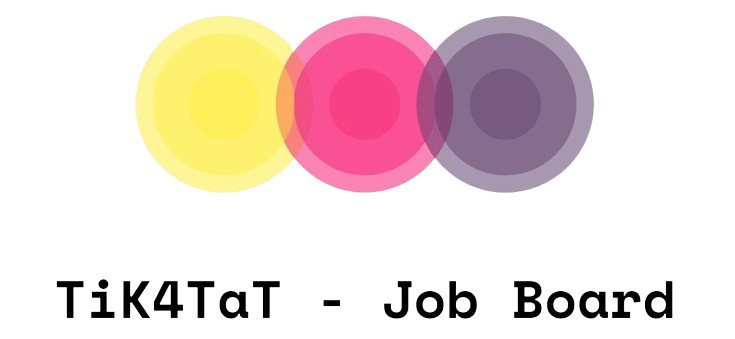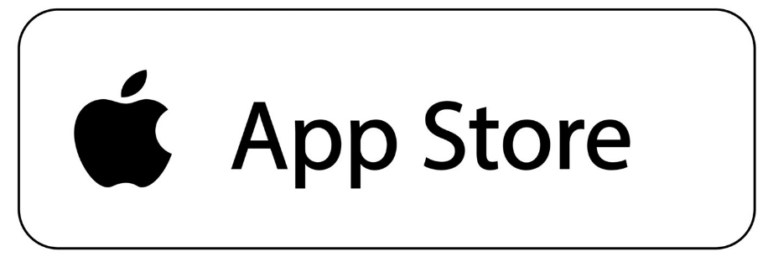herico3046
About Candidate
The Heart of Patient-Centered Care
Nursing service writing is a fundamental practice in the healthcare sector that significantly contributes to patient-centered care and quality nursing writing services. This multifaceted process involves the detailed documentation of patient assessments, interventions, and evaluations, ensuring a comprehensive understanding of each patient’s unique health journey. At its core, nursing service writing not only serves as a record of care but also facilitates communication among healthcare providers, enhances continuity of care, and supports legal and regulatory compliance. In an era of rapid advancements in medical technology and increasing patient complexity, the importance of effective nursing documentation has never been more critical.
The process begins with the initial patient assessment, which forms the foundation of individualized care planning. When a patient is admitted to a healthcare facility, nurses perform thorough evaluations that encompass the patient’s medical history, physical examination, and psychosocial factors. This meticulous documentation is vital for understanding the patient’s unique needs and informing the development of a tailored care plan. For instance, if a patient is admitted following a stroke, the nurse will document critical information regarding the patient’s neurological status, vital signs, and any pre-existing conditions. This comprehensive initial assessment not only guides treatment decisions but also serves as a baseline for monitoring the patient’s progress throughout their hospitalization.
Ongoing documentation is equally essential for tracking changes in the patient’s condition and assessing the effectiveness of interventions. Nurses are tasked with recording vital signs, laboratory results, and observations related to the patient’s response to treatment in real nurs fpx 4020 assessment 4. For example, if a patient undergoing post-operative care begins to exhibit signs of infection, the nurse’s timely documentation of these changes becomes crucial for alerting the healthcare team and initiating further evaluation or intervention. This continuous narrative of the patient’s health journey is vital for ensuring that all members of the healthcare team are informed and can respond promptly to any changes, thus minimizing the risk of complications and promoting patient safety.
Medication administration is a key focus of nursing service writing, directly impacting patient safety and treatment outcomes. Nurses must meticulously document each medication given, including the name, dosage, route, and time of administration, as well as any adverse reactions experienced by the patient. For instance, if a nurse administers an antibiotic and the patient develops an allergic reaction, immediate and accurate documentation of the event is essential. This level of detail is not only critical for ensuring patient safety but also fosters accountability among healthcare providers. By maintaining comprehensive medication records, nurses help to ensure that all members of the healthcare team are aware of the patient’s medication regimen, thereby reducing the likelihood of errors or adverse drug interactions.
Effective communication during patient handoffs and transitions of care is another vital function of nursing service writing. Transitions between units, shifts, or care levels require clear and comprehensive documentation to ensure continuity of care. For example, when a patient is transferred from the intensive care unit (ICU) to a rehabilitation facility, the nurse must provide a detailed report that includes the patient’s diagnosis, treatment history, and any ongoing . This meticulous handoff documentation is critical for preventing misunderstandings that could compromise patient safety or delay necessary interventions. By ensuring that all pertinent information is communicated effectively, nurses play a pivotal role in maintaining a seamless continuum of care.
Incident reporting is an essential aspect of nursing service writing that enhances patient safety and drives quality improvement initiatives. When unexpected events, such as medication errors or patient falls, occur, nurses are responsible for documenting these incidents in detail. Incident reports are valuable tools for identifying trends and areas for improvement within healthcare organizations. For example, if a patient falls due to environmental hazards, the nurse will document the circumstances surrounding the incident, including contributing factors and subsequent actions taken. Analyzing these reports allows healthcare facilities to implement evidence-based practices and improve safety protocols, ultimately enhancing patient outcomes and reducing the likelihood of future incidents.
Legal and regulatory compliance is another significant consideration in nursing service writing. Medical records, including nursing documentation, serve as legal documents that can be referenced in the event of disputes or audits. Comprehensive and accurate documentation is essential for protecting both healthcare providers and patients. For instance, in the case of a malpractice lawsuit, well-documented nursing notes can serve as evidence that the appropriate standard of care was upheld. In contrast, incomplete or vague documentation can create legal vulnerabilities for healthcare providers. By adhering to best practices in nursing service writing, nurses can ensure that patient care is transparent, accountable, and compliant with legal and regulatory standards.
Nursing service writing also plays a crucial role in patient education and discharge planning. Before a patient is discharged from a healthcare facility, nurses are responsible for providing clear instructions regarding nurs fpx 4060 assessment 2, follow-up appointments, and home care regimens. This documentation is essential for ensuring that patients understand how to manage their health post-discharge, thereby reducing the risk of complications or readmissions. For example, when discharging a patient after treatment for heart failure, the nurse will document detailed instructions on dietary restrictions, medication adherence, and signs and symptoms to monitor. This comprehensive discharge documentation empowers patients to take an active role in their recovery and fosters better long-term health outcomes.
The advent of electronic health records (EHRs) has transformed nursing service writing, allowing for more efficient documentation and improved access to patient information. EHRs facilitate real-time documentation, ensuring that patient records are always current and accessible to the entire healthcare team. This technology enhances communication, reduces the risk of errors, and improves patient safety. However, nurses must remain vigilant in their documentation practices, ensuring that EHR entries are thorough and accurately reflect the care provided. Over-reliance on templates or autopopulated fields can lead to generic documentation that fails to capture the unique needs of each patient.
In conclusion, nursing service writing is a vital component of healthcare that significantly impacts patient safety, quality of care, and the overall patient experience. Through meticulous documentation of assessments, interventions, incident reports, and patient education, nurses create a clear and accurate record that supports effective communication and collaboration among healthcare providers. As the healthcare landscape continues to evolve, the importance of nursing service writing will only grow, making it a critical skill for nurses to master in their pursuit of excellence in patient care. By embracing the principles of thorough and precise documentation, nurses can enhance the quality of care they provide, improve patient safety, and contribute to a culture of continuous improvement within healthcare systems.


